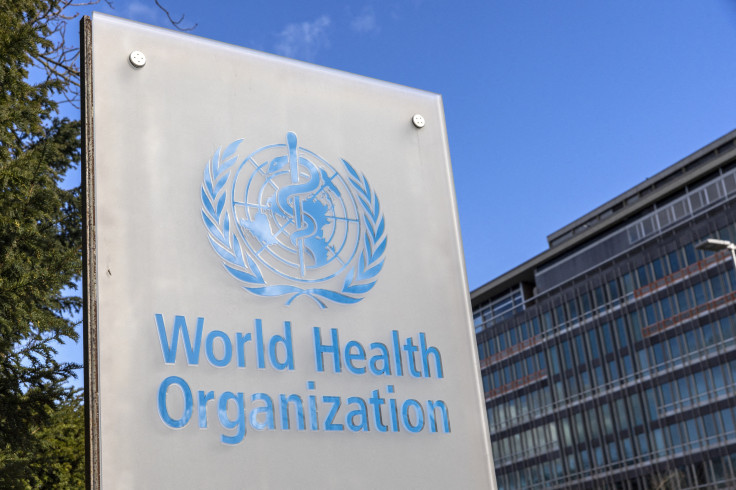WHO's cancer research agency lists aspartame sweetener a possible carcinogen
Many popular diet sodas and carbonated beverages in the UK market use aspartame as a sugar substitute. These include brands like Diet Coke, Pepsi Max and Coca-Cola Zero.

Sources from Reuters say that World Health Organization's (WHO) International Agency for Research on Cancer (IARC) is set to declare the popular artificial sweetener aspartame as a potential carcinogen next month.
Aspartame, a low-calorie artificial sweetener used in numerous food and beverage products, has long been a subject of controversy due to conflicting studies on its safety. Such a classification raises concerns among consumers and is sparking debate among experts worldwide.
Many popular diet sodas and carbonated beverages in the UK market use aspartame as a sugar substitute. These include brands like Diet Coke, Pepsi Max and Coca-Cola Zero.
Aspartame is also commonly found in sugar-free chewing gum brands available in the UK, such as Extra, Orbit and Wrigley's sugar-free gum and in some sugar-free sweets and candies like sugar-free versions of Haribo and Werther's Original.
The IARC ruling was finalised earlier this month after the group's external experts assessed whether aspartame was a potential hazard or not based on a comprehensive review of available scientific evidence regarding aspartame and its potential link to cancer.
The agency's decision, however, does not imply that aspartame is a definite cause of cancer. Instead, it signifies that further research is needed to ascertain the potential risks associated with its consumption.
This classification places aspartame in the same category as various other substances, such as coffee and red meat, which are also labelled as "possible carcinogens".
Moreover, a separate WHO expert committee on food additives known as JECFA (the Joint WHO and Food and Agriculture Organization's Expert Committee on Food Additives) emphasised that the findings do not take into account how much of the product a person can safely consume
The announcement has generated mixed reactions among experts and consumers. Supporters of the IARC's decision argue that it emphasises the need for more comprehensive studies on the long-term effects of aspartame. They believe that public awareness is crucial in allowing individuals to make informed choices regarding their dietary preferences.
Multiple concerns have been raised that these classifications can lead to unnecessary panic and misinformation as similar IARC rulings for different substances have led to lawsuits and pressured manufacturers to recreate recipes and swap to alternatives.
The Food and Drug Administration (FDA) in the United States and the European Food Safety Authority (EFSA) have also both previously deemed aspartame safe for consumption. However, the IARC's classification may prompt these regulatory bodies to reevaluate their positions and consider conducting further investigations into the matter.
An IARC spokesperson said both the IARC and JECFA committees' findings were confidential until July, but that their findings were "complementary". They added that IARC's conclusion represents "the first fundamental step to understanding carcinogenicity".
The task taken by the additives committee is to "conduct a risk assessment, which determines the probability of a specific type of harm (e.g. cancer) to occur under certain conditions and levels of exposure".
While the debate surrounding aspartame's safety continues, health experts advise moderation in the consumption of artificial sweeteners. They emphasise the importance of a well-balanced diet, highlighting that excessive consumption of any sweetener, natural or artificial, can lead to health concerns.
The IARC's classification of aspartame as a possible carcinogen serves as a reminder of the ongoing scientific quest to understand the complexities of cancer development. It highlights the necessity for continued research and awareness to ensure public health and safety.
As consumers grapple with the news, it is essential to follow further developments in the field and rely on accurate information from reputable sources to make informed dietary choices.
Last month, the World Health Organisation (WHO) released new guidelines that advise against the use of non-sugar sweeteners (NSS) for weight control. NSS found to was found to be ineffective in controlling body weight and increased the risk of worsening or developing noncommunicable diseases (NCDs) like diabetes, hypertension and stroke.
© Copyright IBTimes 2025. All rights reserved.






















